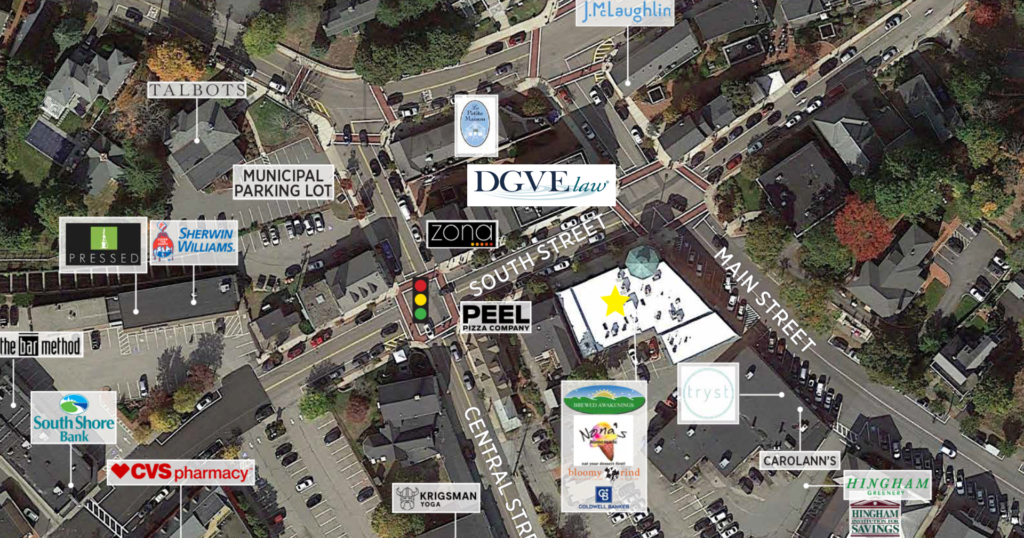I recently read this article from the Financial Tuneup section of the New York Times. While it makes some very important points, there are also some pieces of advice with which I take strong exception.
In response, here is DGVE law’s very own list of estate planning DOs and DON’Ts for you:
DO make sure your financial and legal affairs are in order for the benefit of your loved ones who will be responsible for picking up wherever you left off and handling all your final affairs. When I say “in order” I mean both that you have actually provided financially and legally for yourself and your loved ones, but I also mean it quite literally…
DON’T leave them wondering where to find a stack of disorganized files and loose papers! Put it all together in a nice, neat, clearly-labeled package that the person you choose will be able to access quickly and in which she or he will find clear instructions on exactly what to do step by step. This should be a collaborative effort between you, your estate planning attorney, and your financial advisor.
DON’T do your own legal work (e.g. via LegalZoom) unless this is precisely the area of law in which you practice as a licensed attorney (seriously). One size does not fit all and there are simply too many pitfalls to be penny wise and pound foolish about it, as they say. By the time your self-styled plan is tested, it will be too late as you’ll either be incapacitated or dead and your loved ones will be left to clean up the mess you created. And on that note, don’t hire a personal injury attorney friend of yours to “do your will.” There really is more to it than that. [In fact, I’ll prove it. But more on that soon…]
DON’T wait 5 yrs to review your estate plan (that is, your will, power of attorney, health care proxy, living will, etc. etc. etc.) – 5 yrs is too long. Just think back on the last 5 yrs of your life – have you: had or adopted a child? moved? bought/sold property? changed jobs & income? bought new or increased existing life insurance policies? In the space of 3 short years, my husband and I both changed jobs, moved 3 times (including interstate), had 2 babies, purchased new life insurance policies, and bought a new car! And within 2 more years, we bought another new car, had another baby, and I started my own solo law practice / small business. Yeah, that’s a lot in 5 short years and it makes me tired just thinking about it too!
DON’T forget about the Massachusetts estate tax! Yes, there is major uncertainty about the current state of the federal estate tax and we estate planning attorneys are anxious to see where this goes, but in the meantime, Massachusetts residents still have their own estate tax with which to contend. Now, you likely don’t consider yourself a millionaire, but if the equity in your home plus your life insurance policies, retirement accounts, bank accounts, personal property, etc. totals around or more than a million dollars, the state likely does.
DO review your retirement accounts’ and life insurance policies’ beneficiary designations carefully! As I recently mentioned in a guest blog post for a colleague, it is surprisingly common for my clients to realize when we talk that they still have their parents, ex-partners or ex-spouses, or siblings as their named beneficiaries instead of their current partners or spouses. And DO realize that if your policy or account is designated to go to your minor children, they will not be able to receive it until they are of legal age. In the meantime, the value of the assets you leave to them will be dissipated considerably by fees unless you plan accordingly.
DO make sure you have named someone to make your important medical decisions for you if you are ever unable to do so yourself. And DO give that person access to your protected medical and health information to make informed decisions as well as to facilitate the handling of related insurance claims if necessary.
DO legally name permanent legal guardians for your minor children to raise your children for you in the event of your premature death. But DON’T stop there! You must also legally name temporary emergency guardians for your children to serve as first responders in the event of your temporary incapacity as due to an accident, and/or in the event of your death until such time as the permanent legal guardians are able to arrive and assume custodial responsibilities.
Note that the following do not count as legally-appointed guardians: (a) godparents; (b) well-intentioned family that live nearby; (c) friends or family with whom you have discussed the matter and who have agreed to accept the responsibility. You must actually legally appoint the guardians you wish to care for and raise your children.
DO ensure that you have a power of attorney to manage your financial affairs if you are ever unable to do so yourself during your lifetime and to facilitate such management of your property and finances in the event of your temporary physical absence. DO discuss your particular circumstances with your own estate planning attorney and seek her advice and counsel as to whether an immediate or springing grant of power makes more sense for you. Do NOT assume that one size fits all here either!
DON’T attempt Do-It-Yourself (DIY) estate planning via titling of property to try to make life easier and save yourself some money. You will likely do the opposite of both. Seriously. Talk with your estate planning attorney so she can give you proper, personalized, advice and counseling about the best ways to hold title to your property (your home, bank accounts, etc.) to accomplish your wishes. There may be a better way to meet your goals while also avoiding many of the most common pitfalls of these DIY techniques and save your family a whole lot of money and heartache in the process.
DO recognize that the law in Massachusetts as to same-sex married couples is light years ahead of most other states but that even though Massachusetts recognizes your marriage, the federal government, under the “Defense of Marriage Act” (DOMA [insert pun here]) does not. Also, importantly, do not assume that the biological child of one of you being raised by both of you together would automatically continue to be raised by the other of you in the event of the biological parent’s death. The law being what it is presently, there are several extra steps same-sex married and unmarried couples need to take, and it will cost more money, and be more complicated, time-consuming, and frustrating. Your estate planning attorney in conjunction with your financial planner and CPA will help you make the best possible decisions to express and have your wishes respected, protect your family, and pass your assets along to the people of your choosing.
DO prepare a balance sheet or, better yet, allow your estate planning attorney and financial advisor to work together to prepare it for you to help you stay organized and well-informed about your own assets during your lifetime and also to guide your loved ones in the event of your incapacity or after your death. Leave them a roadmap that’s easy to follow or risk having a goodly portion of what you own end up unclaimed, sitting in the Abandoned Property Division of the Massachusetts Treasury (which consistently totals over $200 million annually).
DO express your final wishes in a clear way that enables your loved ones to honor and respect you as you would have wanted so they are not left to dispute about it amongst themselves, second guess themselves agonizingly, or do something that would feel totally inauthentic and uncomfortable for you as an individual. Leaving them clear instructions this way is not a matter of being a control freak, it’s a loving, selfless way to take the burden off the people you love most who will otherwise be left to make these decisions in the precise moments that they are in crisis and mourning the loss of you.
DO leave more than just a map to a chest full of your financial assets. Leave them the greatest treasure possible, something truly priceless, your voice talking to them about what matters most to you and about them. That’s most often completely overlooked in this discussion, but is really the most important piece.
DON’T wait. If now’s not a great time financially, talk with your attorney about some options to make getting these critical pieces of your life’s puzzle in place without delay. And if you think you’re too busy, reexamine your priorities and see why you’re really putting this off. If you (like I did!) are having trouble making important decisions, talk with your estate planning attorney about it! It’s her job to provide you with valuable counseling and advice and help you arrive at a decision with which you can comfortably live. But don’t wait another day. The whole point of estate planning in your younger years especially is to prepare for the worst to protect and provide for your family so you can stop worrying and get on with enjoying your family and your life now knowing your affairs are in order. That’s true peace of mind.


